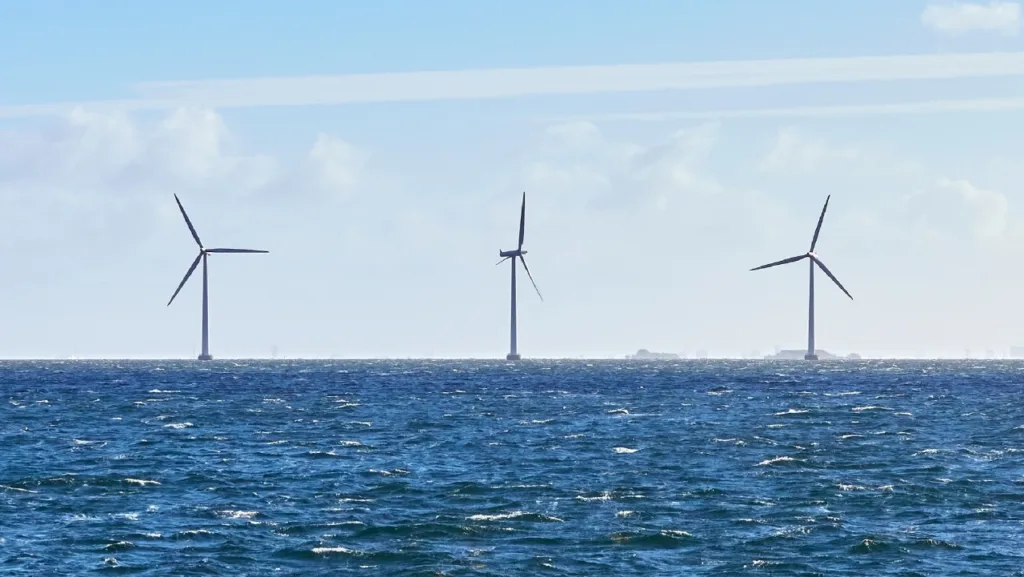Allianz has released its first comprehensive plan for achieving net-zero emissions, aligning with its long-term climate commitment to reach net-zero emissions in its own operations by 2030 and in its investment and P&C insurance portfolios by 2050. The plan lays out specific interim targets for 2030 across several areas, including reducing greenhouse gas (GHG) emissions within Allianz’s business operations, investment portfolio, and property and casualty (P&C) insurance business. Allianz also intends to enhance its engagement with customers and investee companies to support its transition to net-zero emissions and expand its investments in renewable energy, low-carbon technologies, and sustainable mobility in both the insurance and investment sectors.
To illustrate its commitment, Allianz aims to achieve 150% profitable growth in revenue from renewable energy and low-carbon technology solutions in its commercial insurance segment by 2030 compared to 2022. Additionally, Allianz is a prominent insurer of solar photovoltaic and wind farms and plans to provide coverage for emerging hydrogen technologies. As an investor, Allianz plans to invest an additional 20 billion euros in climate and cleantech solutions, in accordance with EU sustainability regulations, to bolster renewable energy infrastructure.
Allianz’s transition plan seeks to substantially reduce emission intensity, targeting a 45% reduction in multiple lines of its corporate insurance business by 2030, including large company customers that report GHG emissions. For the retail motor insurance portfolio, Allianz aims to decrease carbon emissions by 30% in nine key European markets by 2030, relative to 2022 levels.
While these 2030 interim targets represent new goals for Allianz’s P&C insurance portfolio, the company has already surpassed its previously established 2025 targets for its proprietary investment portfolio. The new objective is to halve emissions by 2030 compared to 2019, with a particular focus on actively driving emission reductions in sectors like energy, steel, and automobiles.
Allianz’s climate targets for its own business operations, set to achieve net-zero emissions by 2030, remain unaltered, but the timeline has been harmonized to December 31, 2029, for all segments. Allianz has made considerable progress in lowering GHG emissions in its operations, investments, and insurance portfolios, including implementing guidelines for high-emitting sectors such as coal, oil, and gas. The company will provide regular updates on its progress through annual reports to keep customers and the public informed about its environmental achievements.
In its proprietary investments, Allianz aims to reduce absolute owned emissions by 50% by the end of the decade compared to the 2019 baseline for listed equity and corporate bonds. Additionally, Allianz’s directly held real estate assets and joint ventures will align with scientifically based emissions pathways, and the intensity of GHG emissions in corporate investments will be reduced by 50% compared to 2019.
The plan also includes a focus on reducing emissions in high-impact sectors such as electricity utilities, oil and gas, steel, and automobiles through active engagement with companies and asset managers, in collaboration with sector-wide initiatives.
In its P&C commercial insurance portfolio, Allianz aims to reduce the emission intensity of the sub-portfolio related to large companies reporting GHG emissions by 45% by 2030. This target will be achieved through actions like phasing out coal-based business models by 2040 and expanding insurance coverage for renewable energy and low-carbon technologies.
For its P&C retail insurance business, Allianz is targeting a 30% reduction in carbon emissions in nine key European markets by 2030 compared to 2022, with a particular focus on the transportation sector. Allianz plans to expand its offerings in electromobility and multi-modal mobility to support the transition to low-emission vehicles.
Finally, Allianz maintains its ambition to achieve net-zero emissions in its operations across 70 countries by 2030. This includes reducing emissions per employee by 70% compared to 2019 levels, facilitated by transitioning to 100% green electricity by 2023 and eventually shifting to a fully electric corporate car fleet.
